When I planned my recent trip to Beijing, I had one goal in mind: capturing the quiet beauty of a historic temple before the crowds arrived. I researched and found that the temple opens its doors at 8:00 a.m., but to get the perfect shot of the empty courtyard, it was clear I needed to arrive well before that. So, I got to the entrance just before 7:00 a.m., joining a small line of other eager photographers.
The air was crisp, and the city was still waking up. Standing there in the soft dawn light, I felt a sense of calm and anticipation. The faint sounds of morning birds and distant temple bells added a peaceful soundtrack to the experience. This moment alone was worth the early rise.
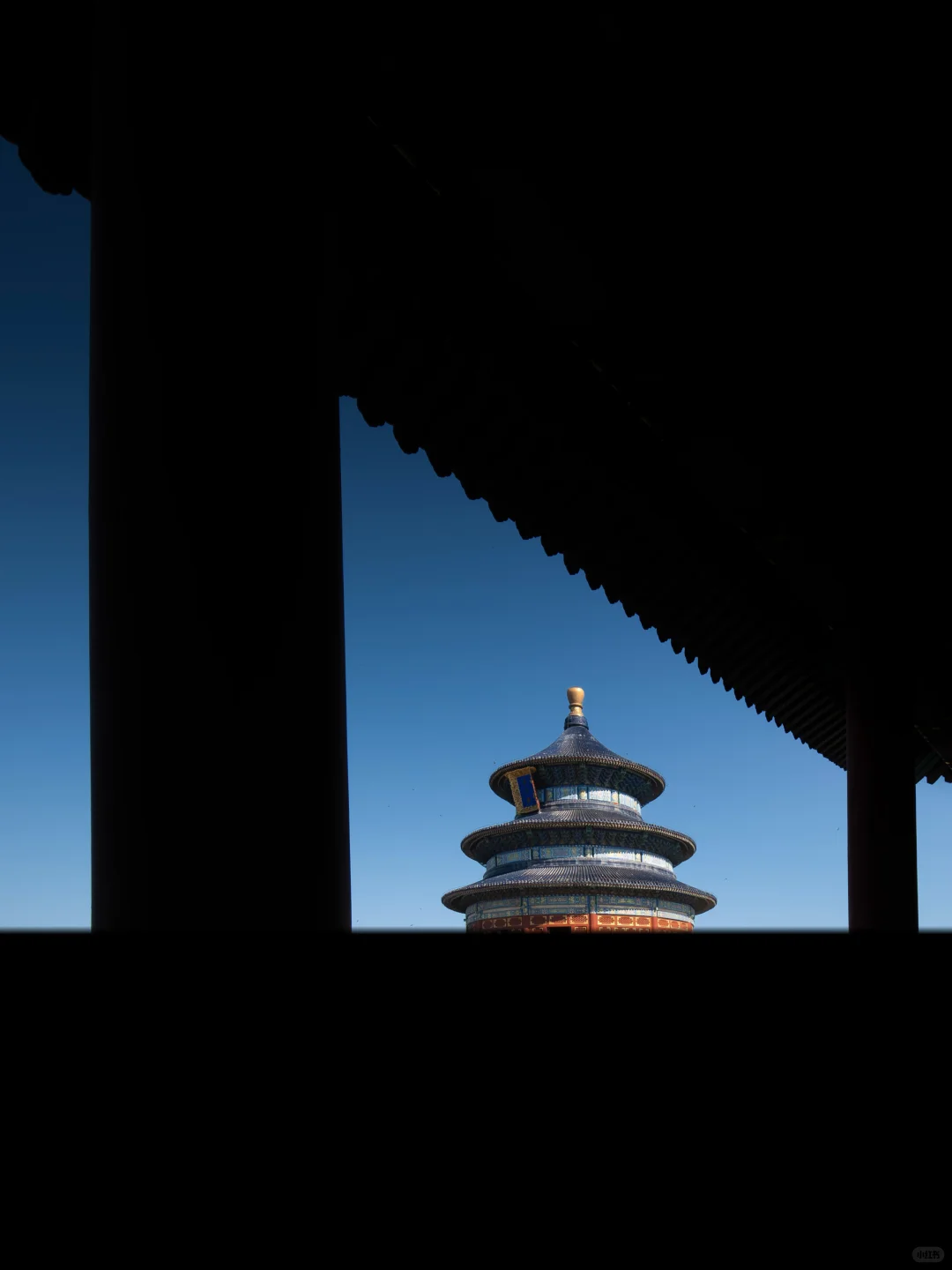
Waiting patiently allowed me to mentally prepare for the shoot and also appreciate the temple as more than just a photo subject. I could already feel the unique atmosphere that draws many visitors here — a soul-soothing blend of history, culture, and spirituality.
As the clock struck 8:00, the gates opened, and I practically rushed in, camera in hand. Being one of the first inside allowed me to capture what photographers dream about: empty scene photography. There were no tourists or distractions, just the temple’s architecture and tranquil courtyards washed in gentle morning light.
The feeling was 惊艳 — breathtaking. I knew these first moments offered a rare chance to frame the temple in its purest form, unspoiled by crowds or clutter.
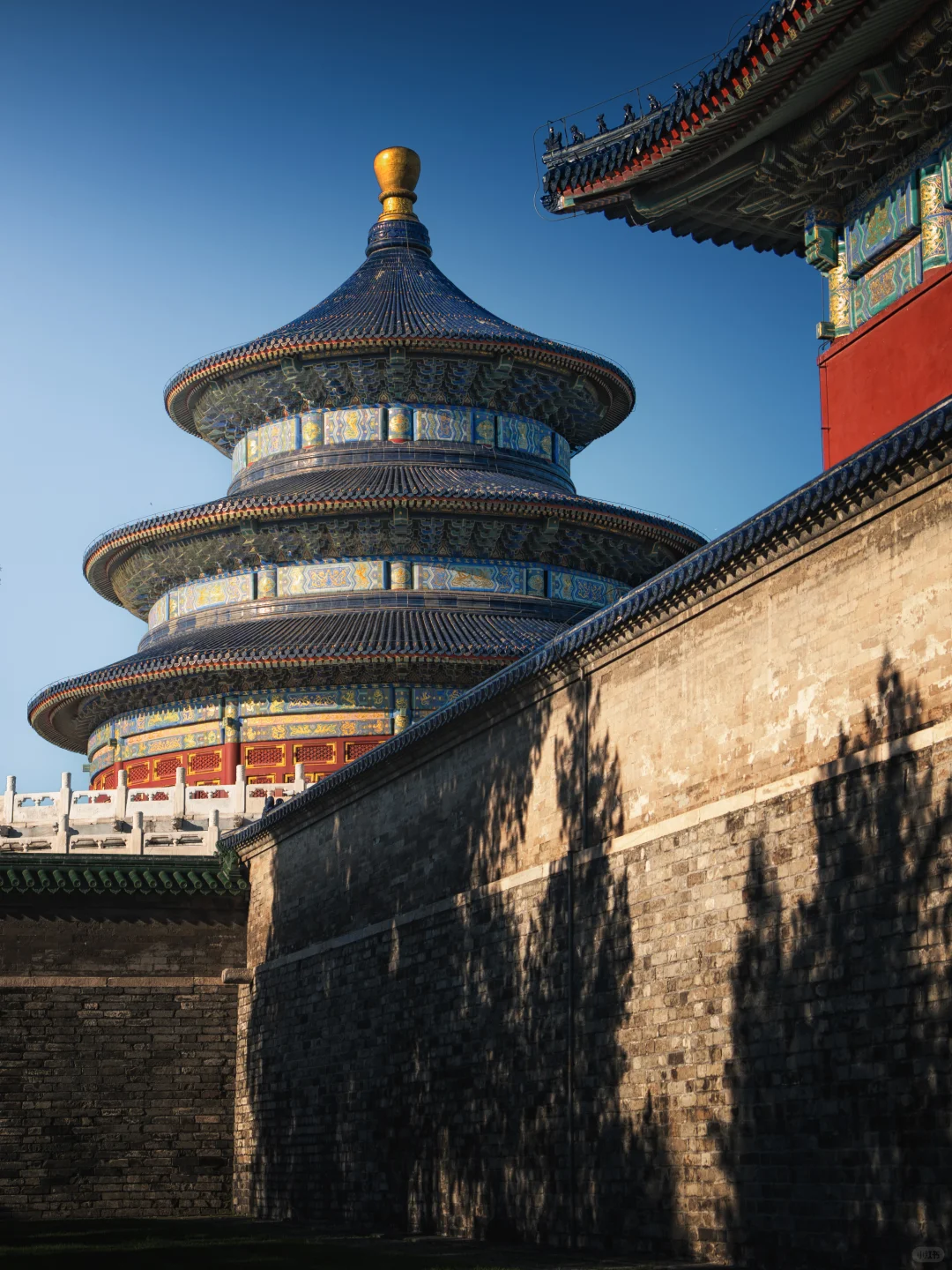
This experience truly deepened my appreciation for the art of Beijing temple photography. If you are after this effect, arriving early and waiting patiently are non-negotiable steps. The patience paid off in the perfect shots that would not be possible later in the day.
Once inside, I discovered the temple grounds offer a variety of photography spots, but some are definitely better than others for different lenses. One spot I highly recommend is P3 — here I found I didn’t need any special lens or zoom; it was the perfect place for wide shots that show the scale and form of the temple buildings.
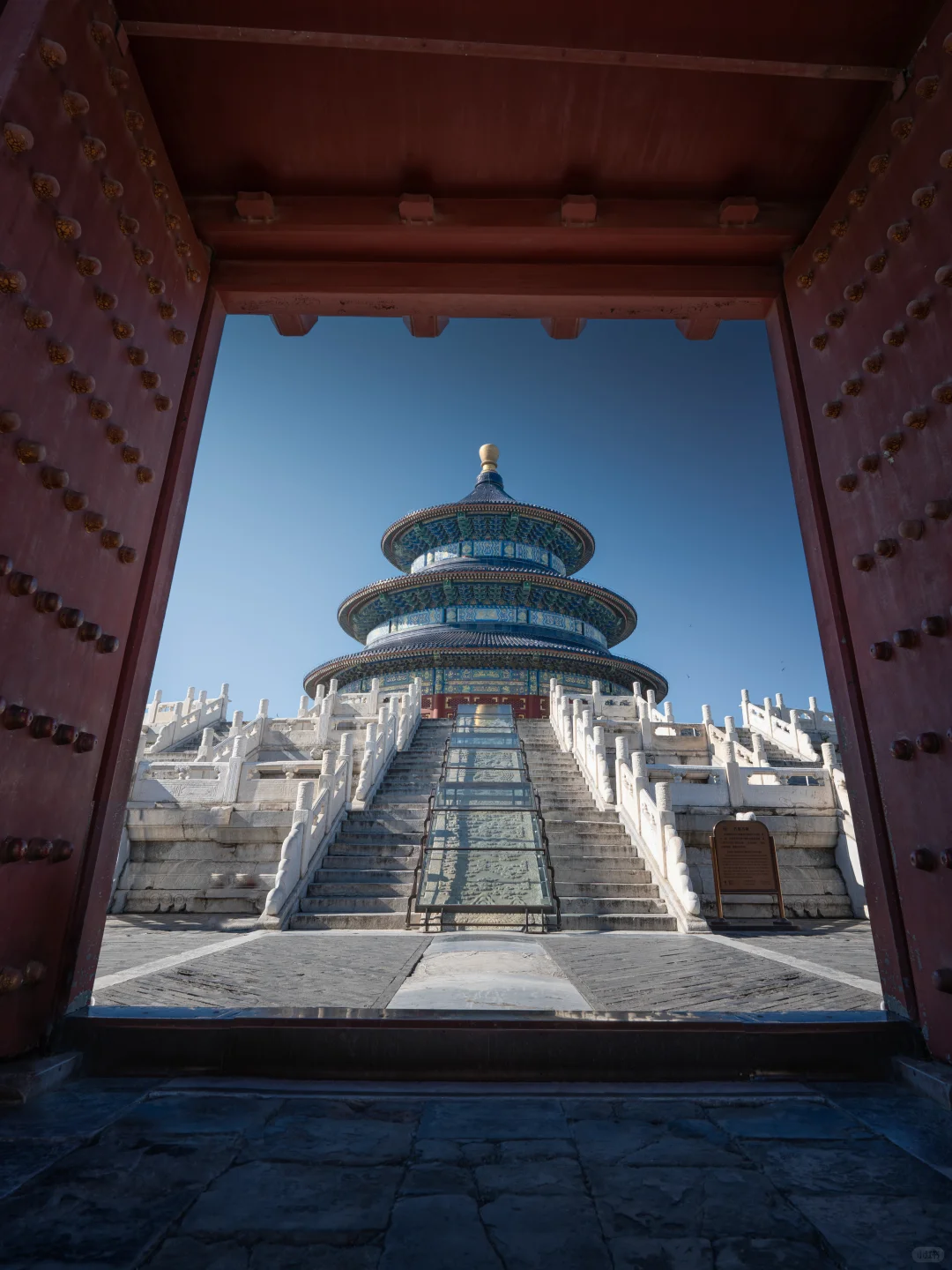
For those interested in details or perspective compression, P9 is the spot I used for long-focus shots. From this vantage point, the buildings appeared majestically framed, and the long focal length compressed the scene beautifully, emphasizing the temple’s intricate rooftops and ornate details.
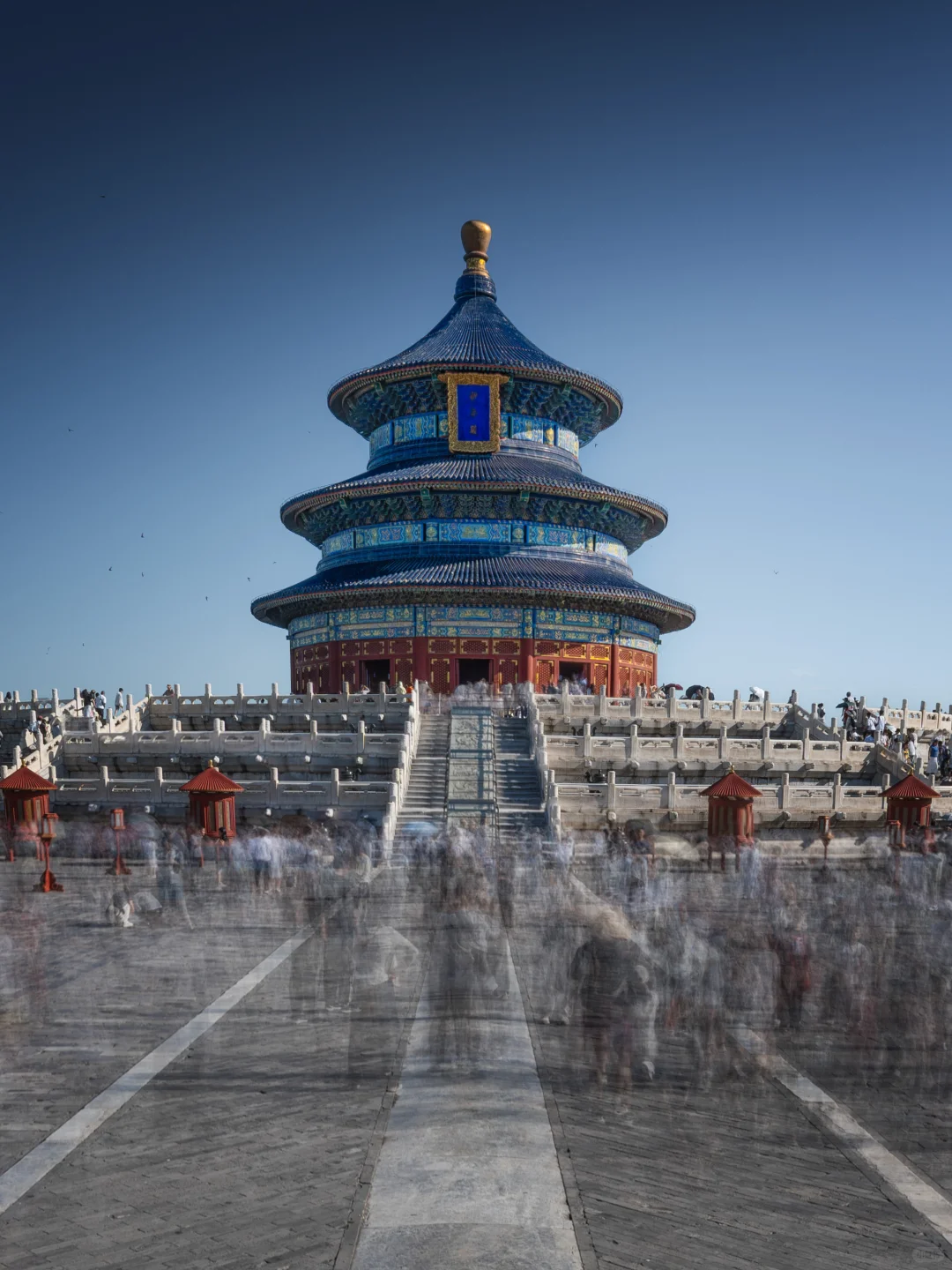
Exploring these key locations helped me build a diverse portfolio of images from one visit. If you’re curious for more tips on Beijing temples, check out our Beijing Temple Photography Guide.
My camera of choice for this trip was the Sony A7C2 paired with a Tamron lens, which proved to be a fantastic combo for travel shoots like this. The lightweight, mirrorless design made it easy to move quickly during the early morning rush, while the sensor’s dynamic range allowed me to capture the temple’s shadows and highlights in rich detail.
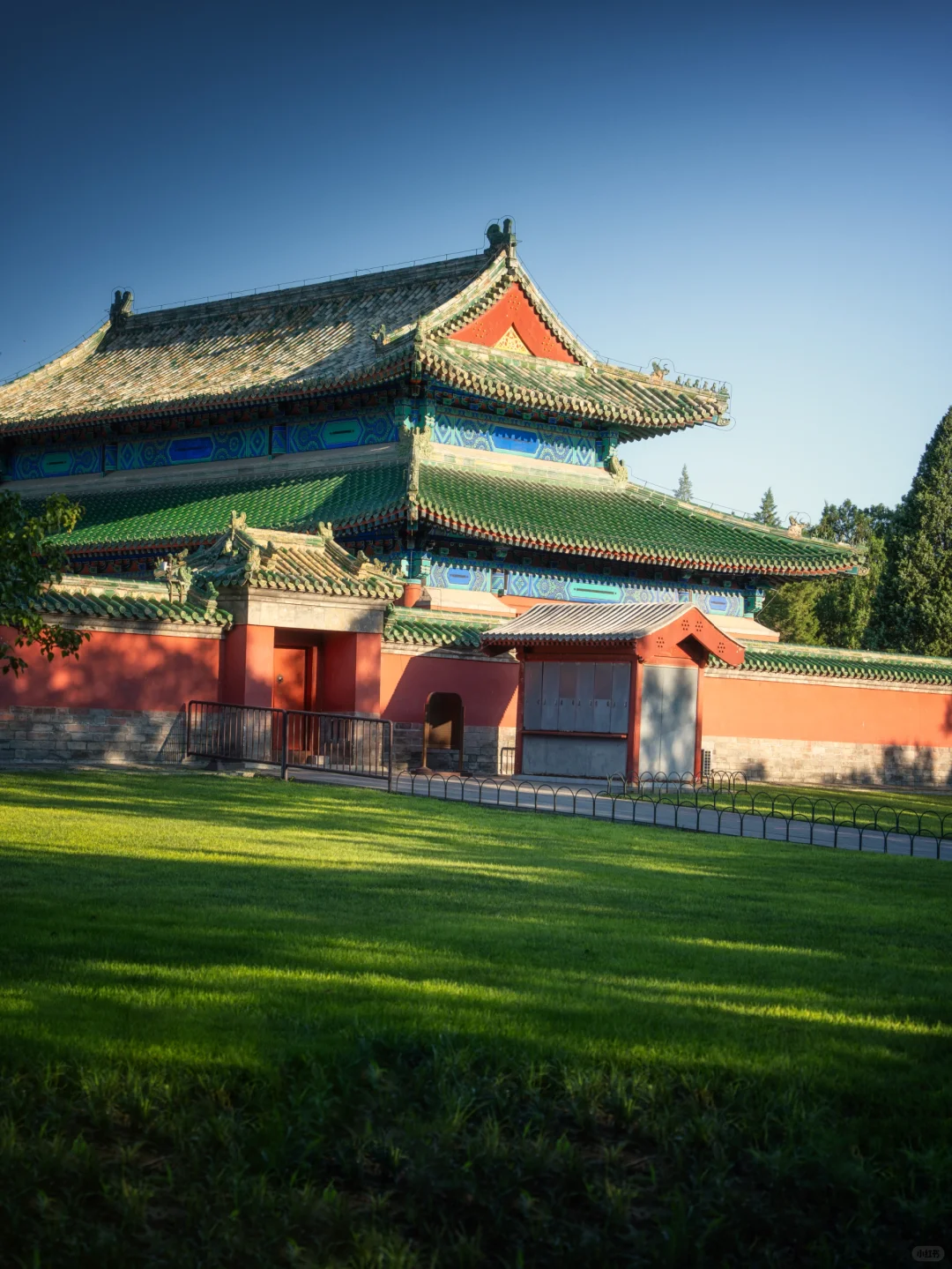
Thanks to the camera’s excellent autofocus and video features, I was able to focus precisely even in low early-light conditions, making sure every shot was crisp. The Tamron lens provided the flexibility for wide and telephoto shots across the temple grounds, essential for a varied travel shoot.
For settings, I favored low ISO to minimize noise, aperture around f/5.6 for balanced depth of field, and shutter speeds tailored to the light conditions. Shooting in RAW gave me the freedom to adjust exposure and colors during post-processing without loss of quality.
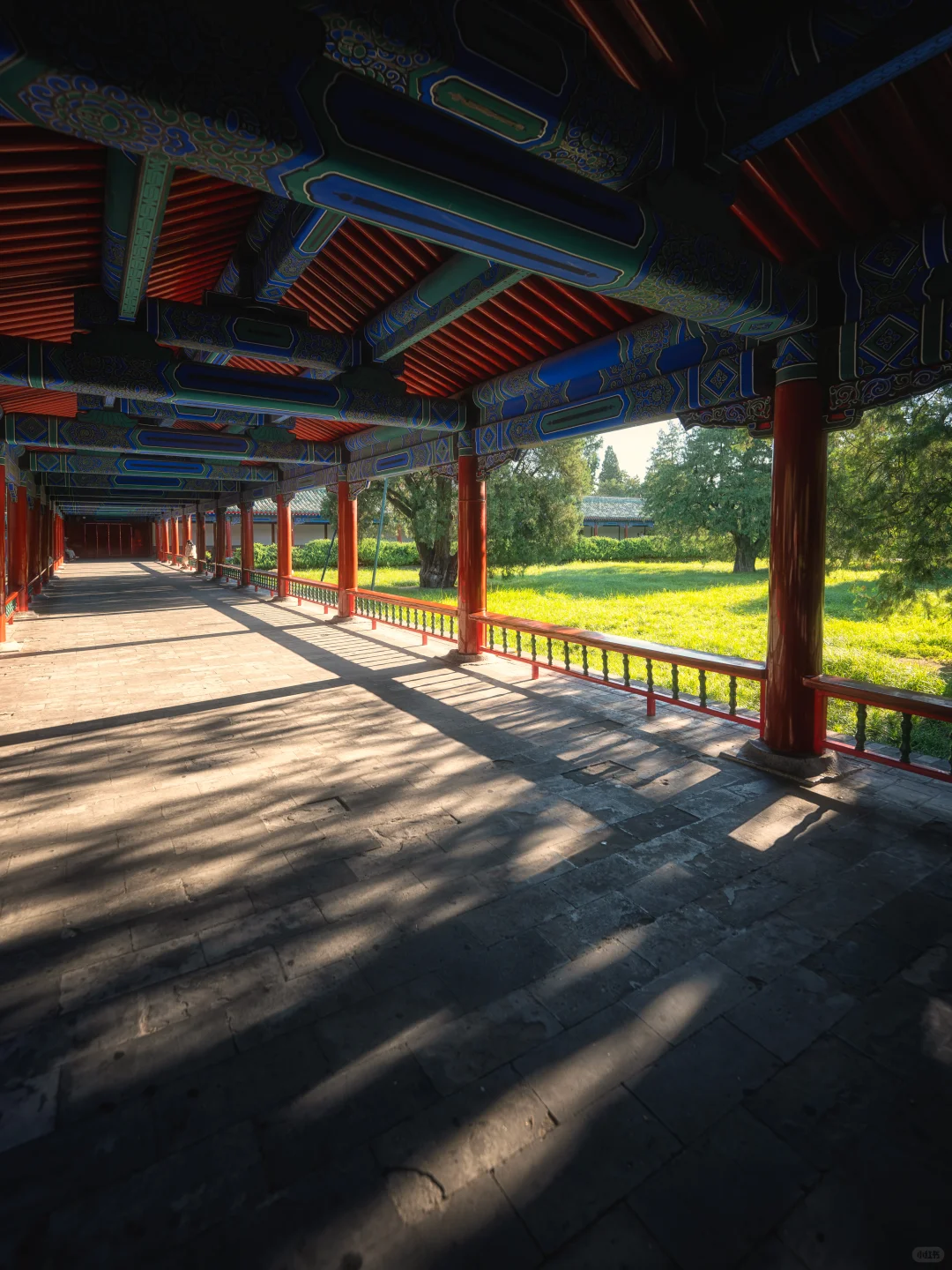
If you’re interested in technical advice, our in-depth Sony A7C2 Travel Shoot Tips article dives deeper into camera setup and techniques ideal for Beijing temple photography.
Aside from gear and timing, planning is key to a successful photoshoot at historic sites in Beijing. Here are some practical Beijing travel tips I picked up along the way:
Another tip is to check the weather forecast to avoid rain or haze disrupting your shoot. Clear skies enhance the sharpness and color of your photos.
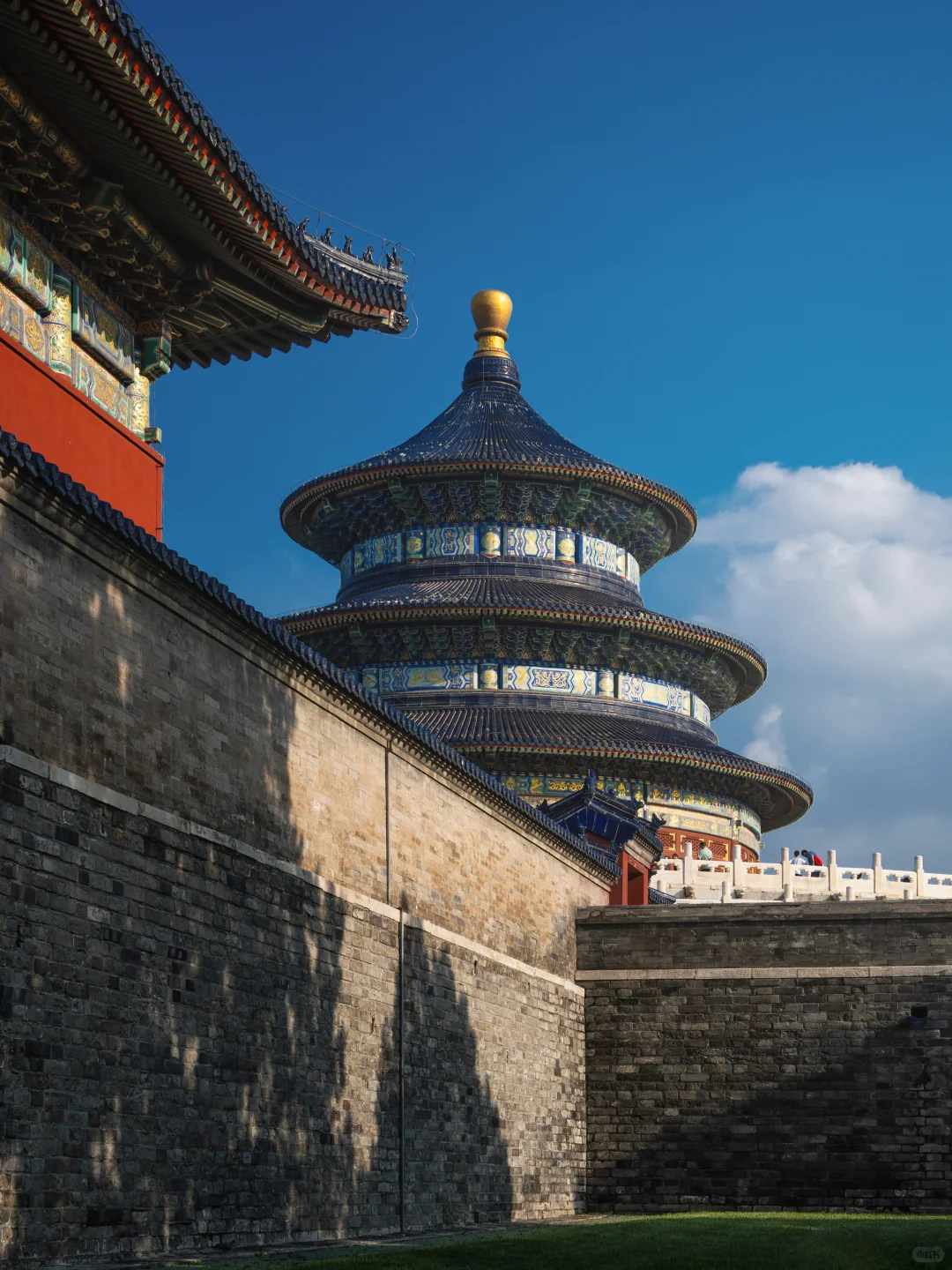
These tips, alongside good planning, really turned my visit into a smooth and rewarding experience.
Reflecting on the day, I feel especially lucky to have captured such pure images of this beautiful temple. The combination of empty scene photography, strategic positioning at spots like P3 and P9, and reliable equipment like my Sony A7C2 travel shoot setup made it possible.
If you’re planning your own trip and want to try Beijing temple photography, remember the importance of punctuality and patience. The early morning quiet magic can be yours if you arrive before the crowds and wait for the doors to open.
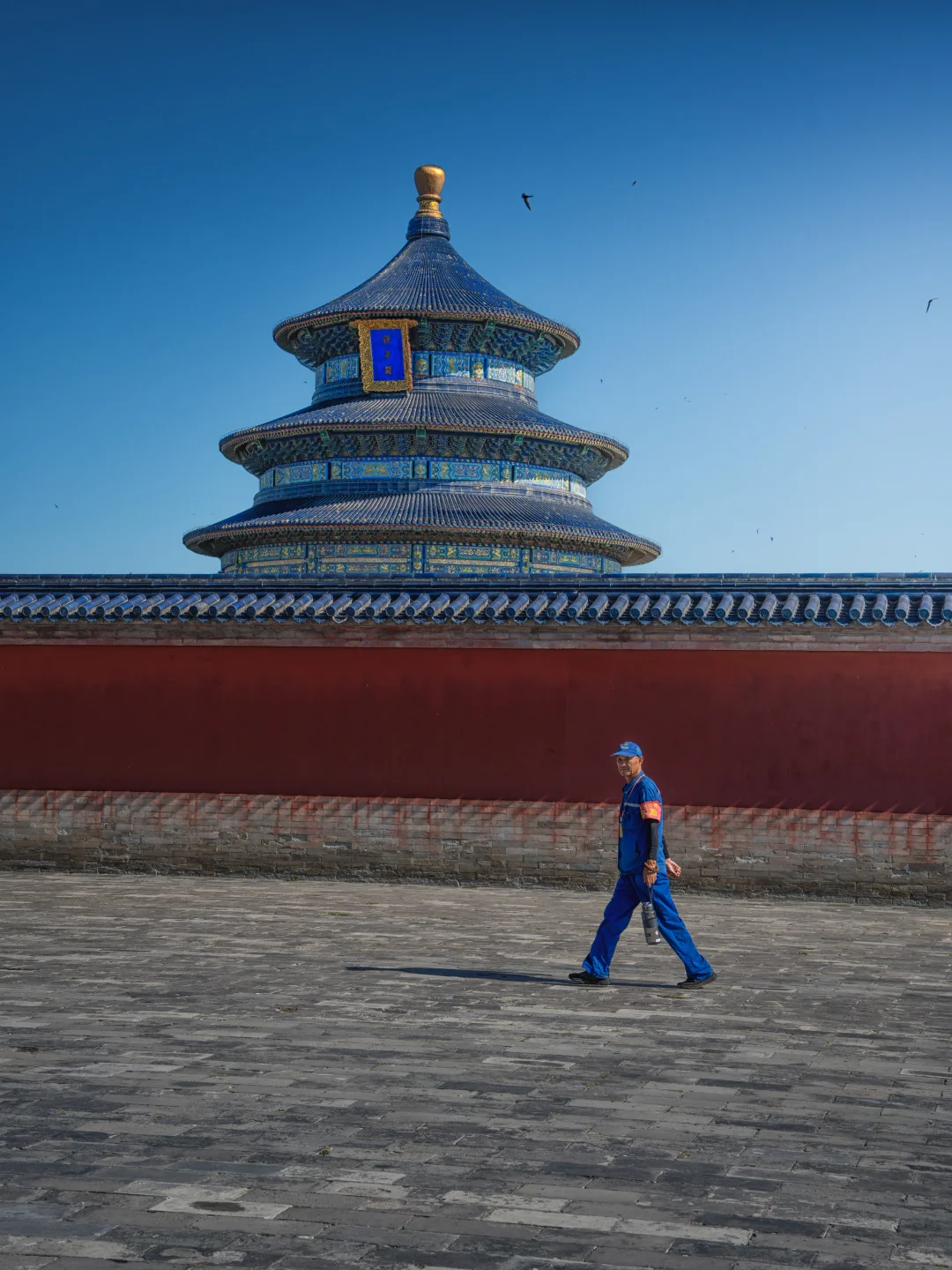
For anyone interested in exploring more about Beijing’s cultural sites and photographic opportunities, be sure to check out our article on Beijing Travel Tips for Photographers that covers further advice beyond temple precincts.
To deepen your appreciation of these incredible architectural monuments, I also recommend learning about their historical and cultural significance. According to the Palace Museum official site, many temples in Beijing reflect centuries of dynastic artistry and religious traditions, making your photos all the more meaningful.
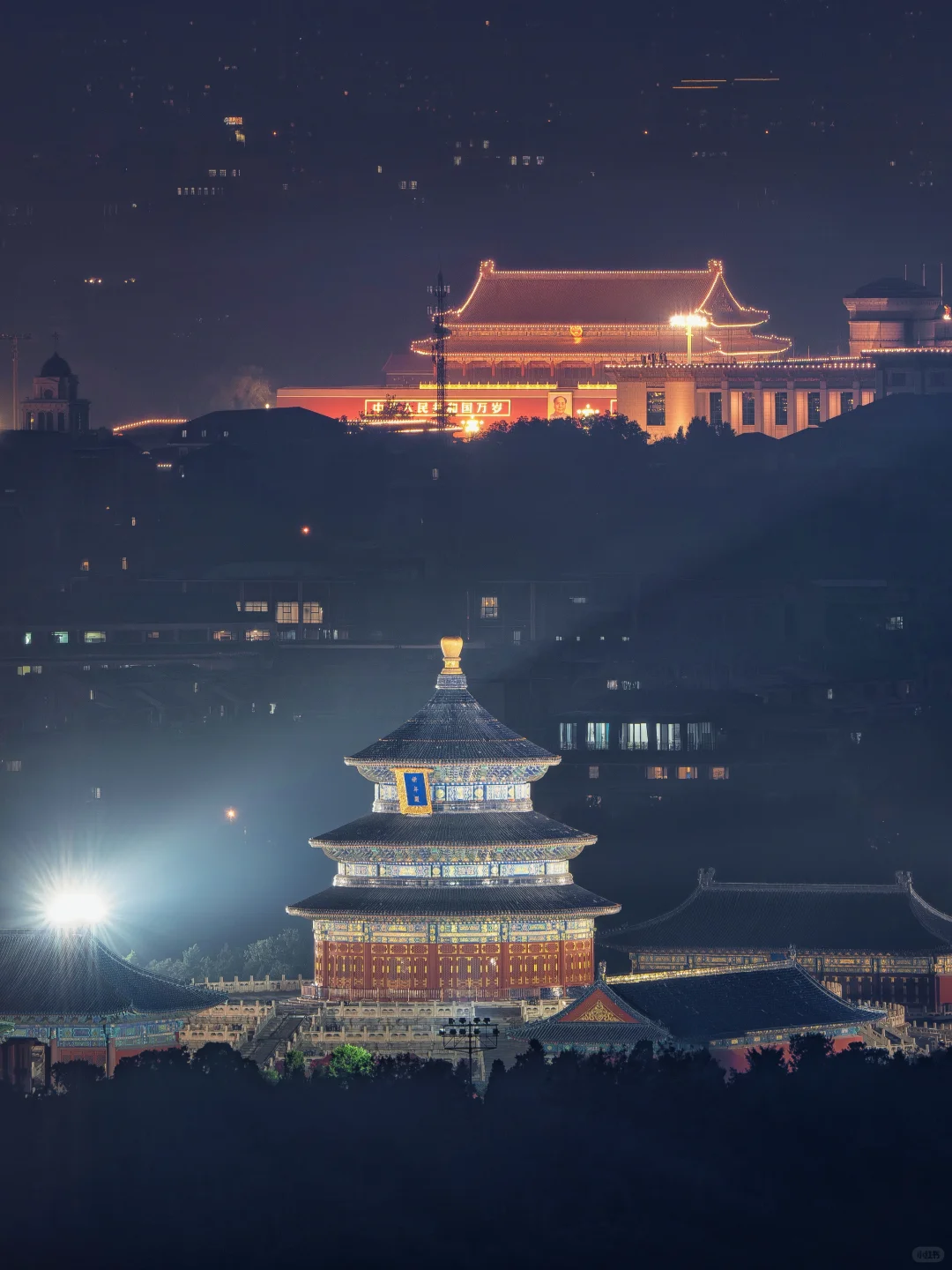
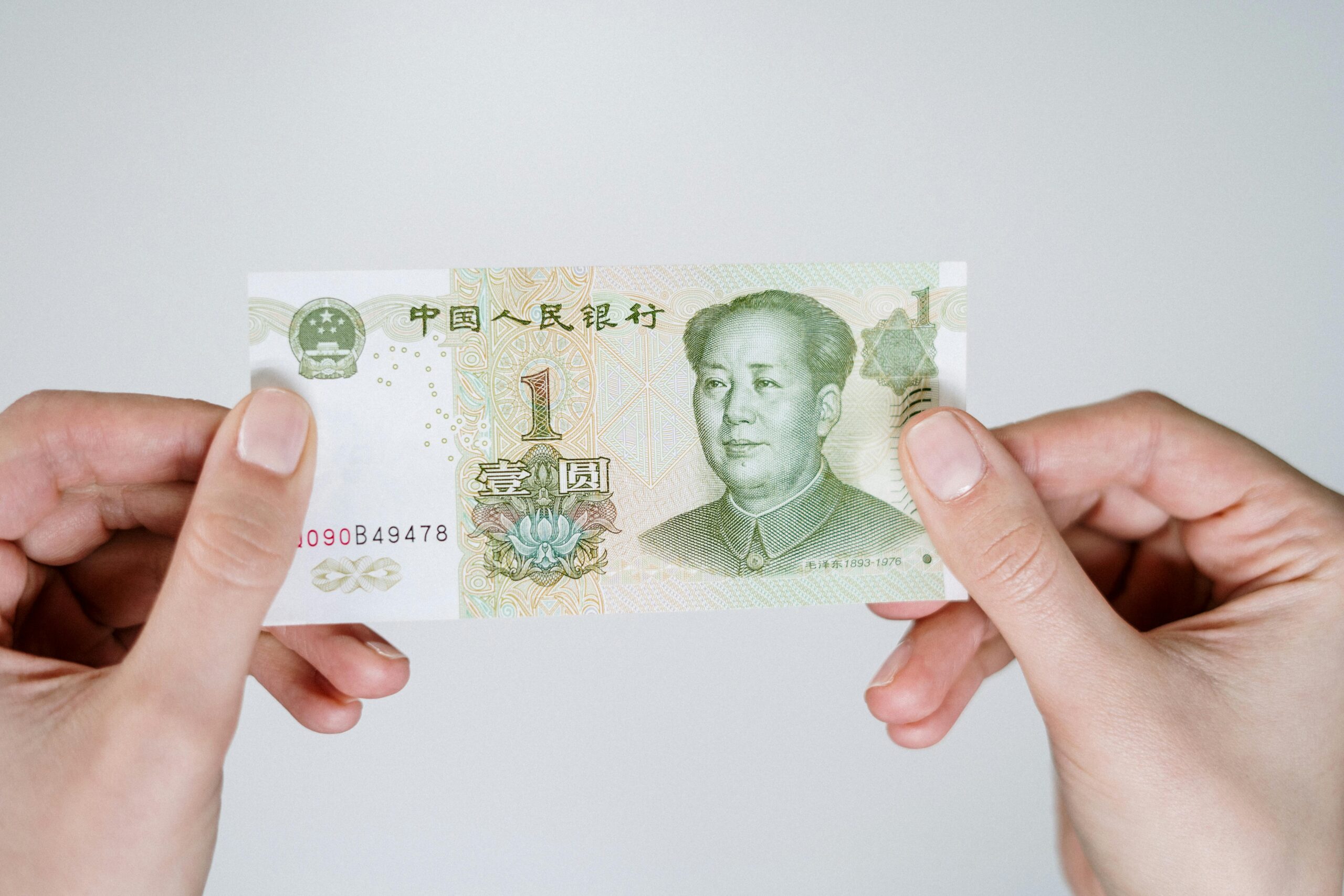
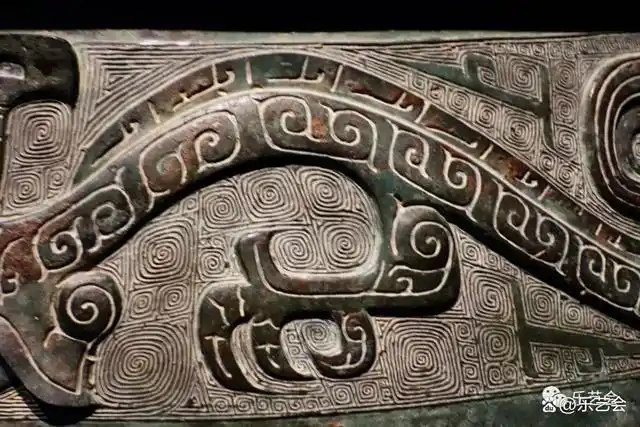
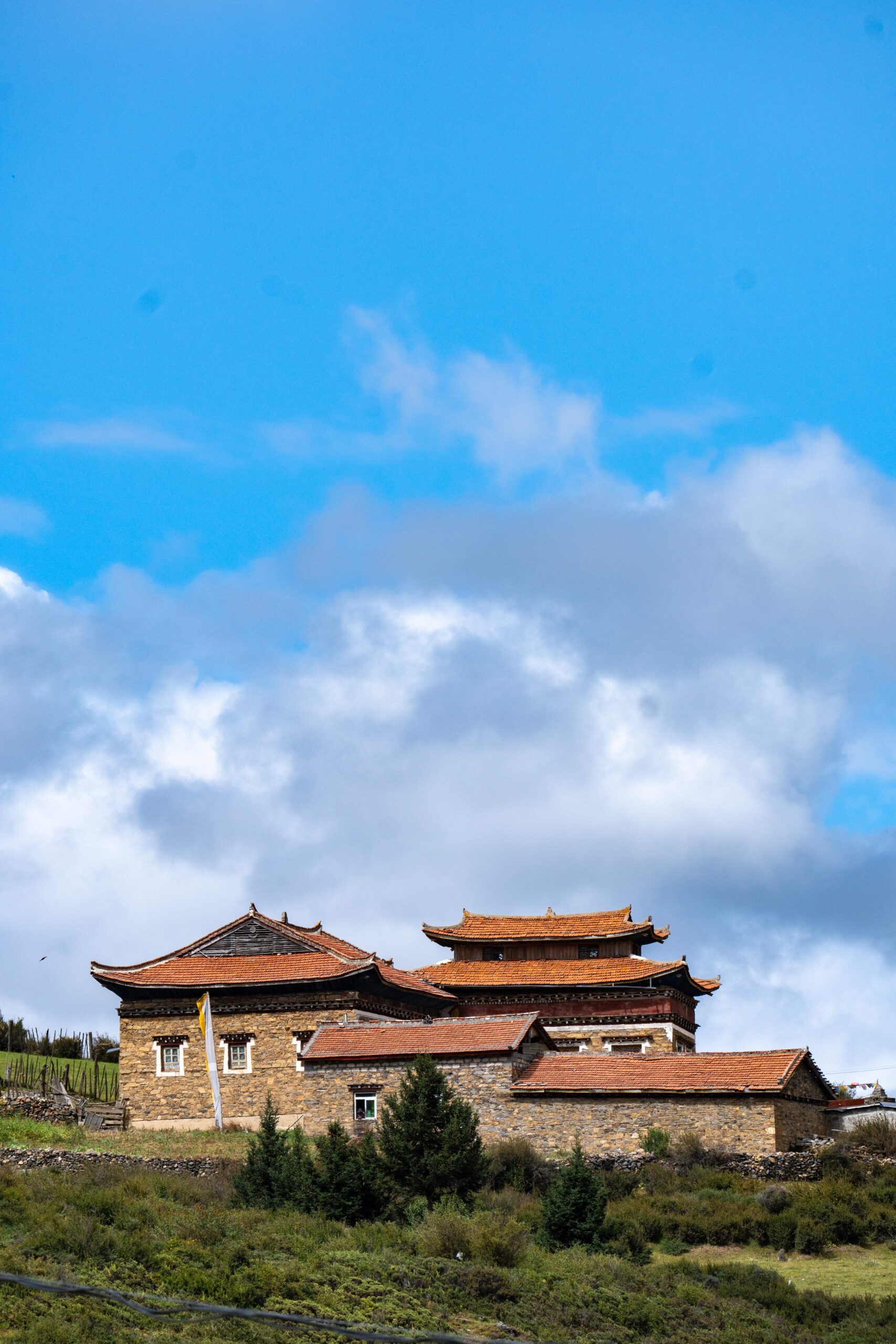
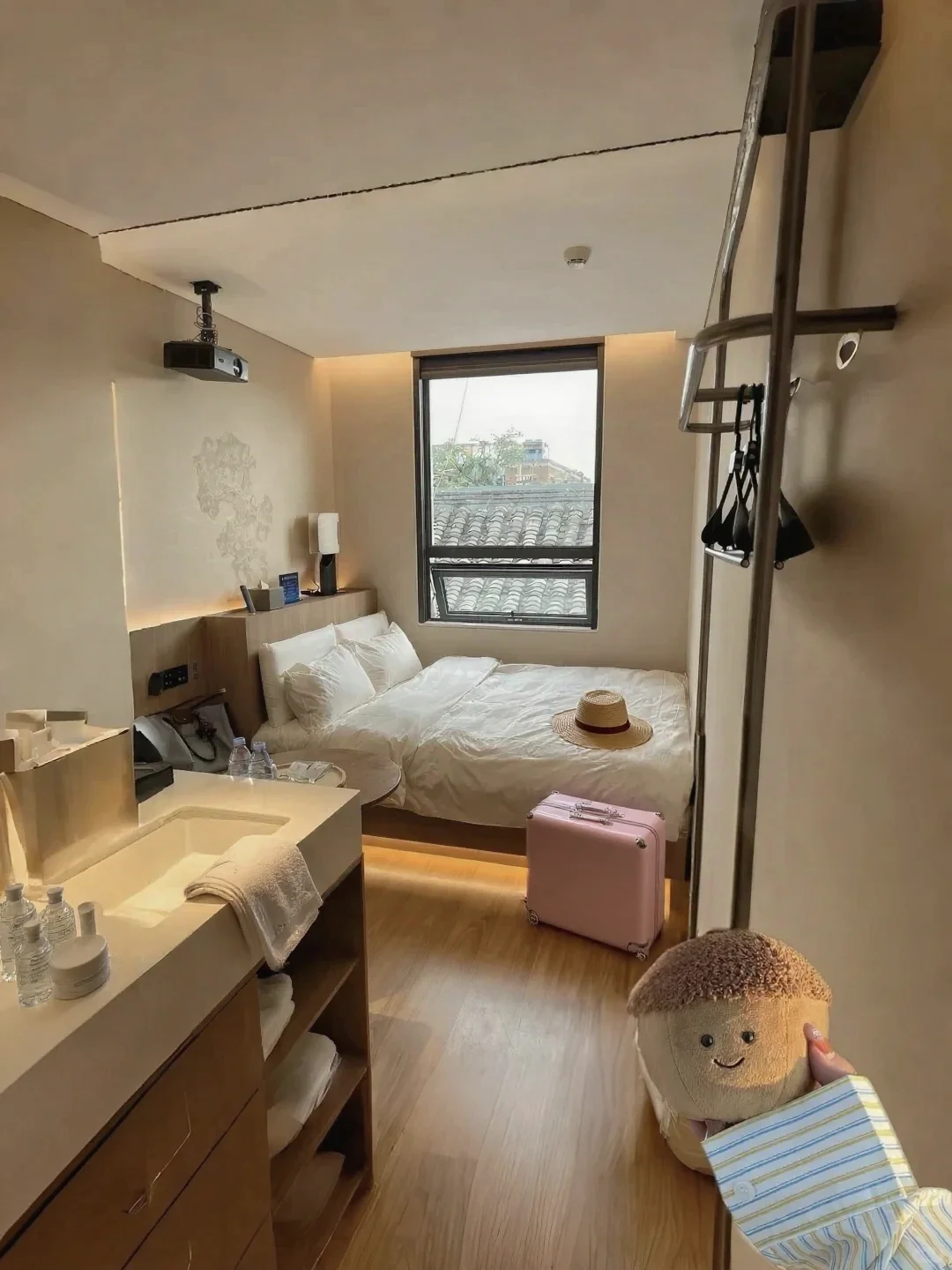
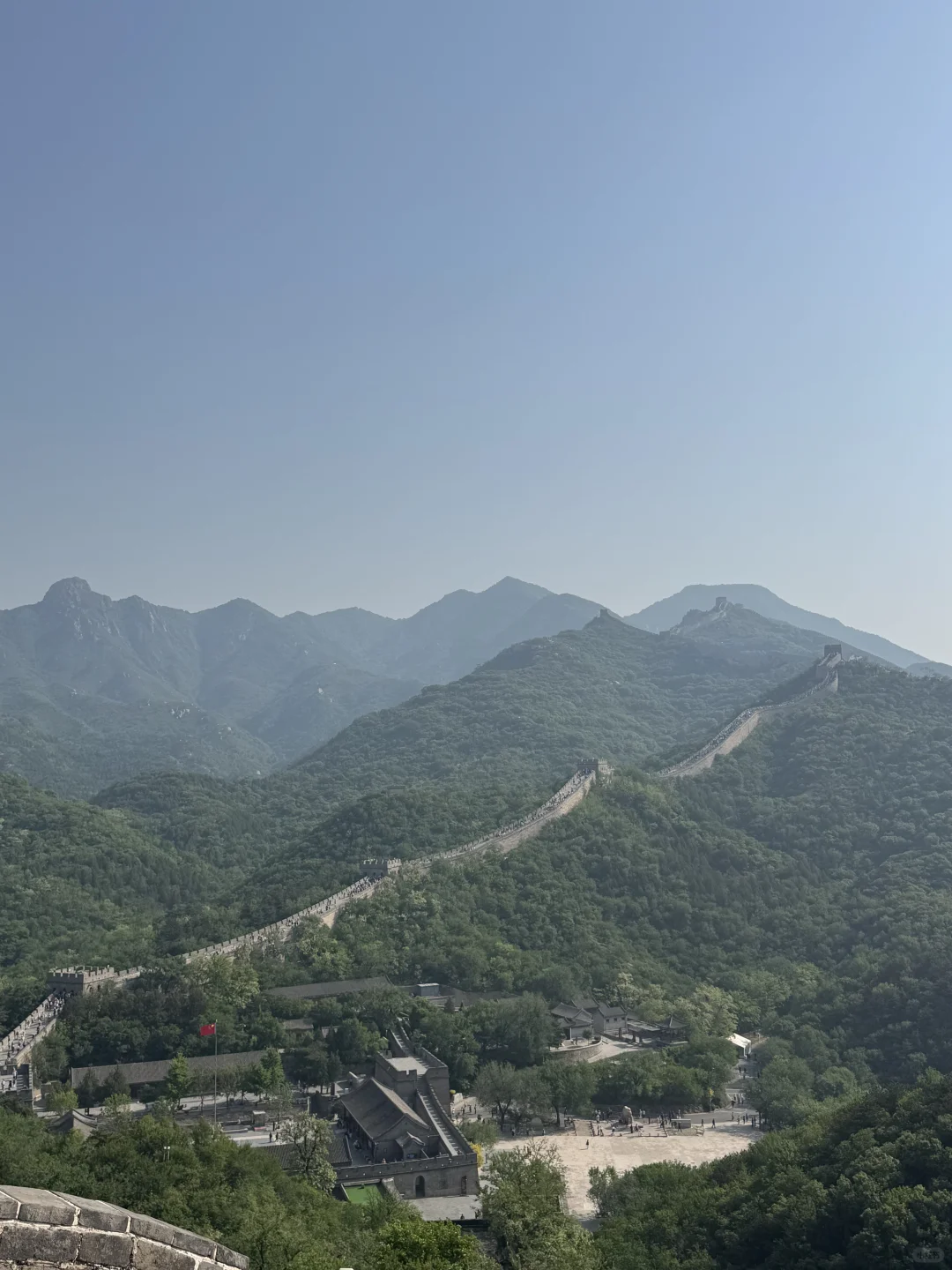
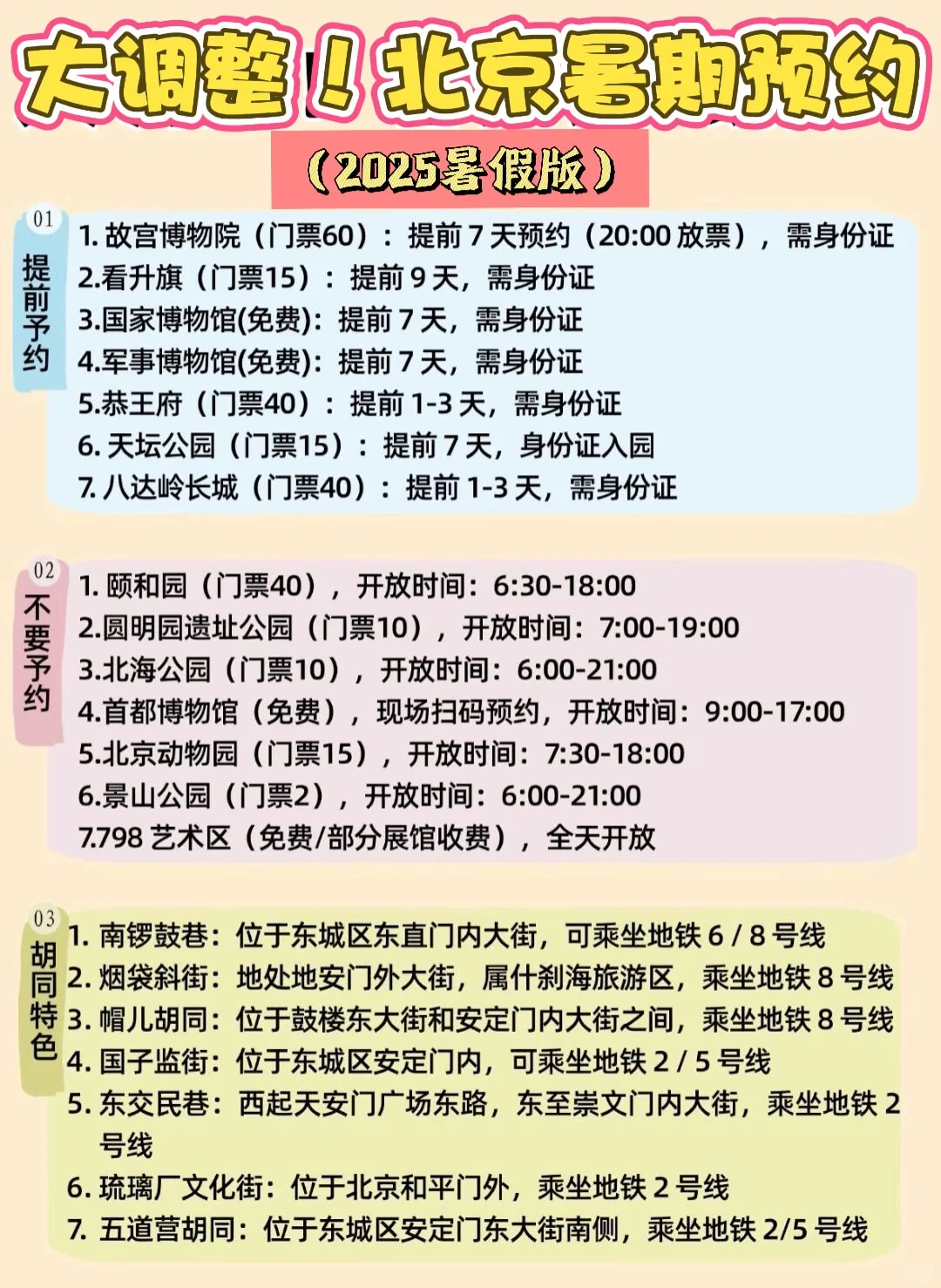
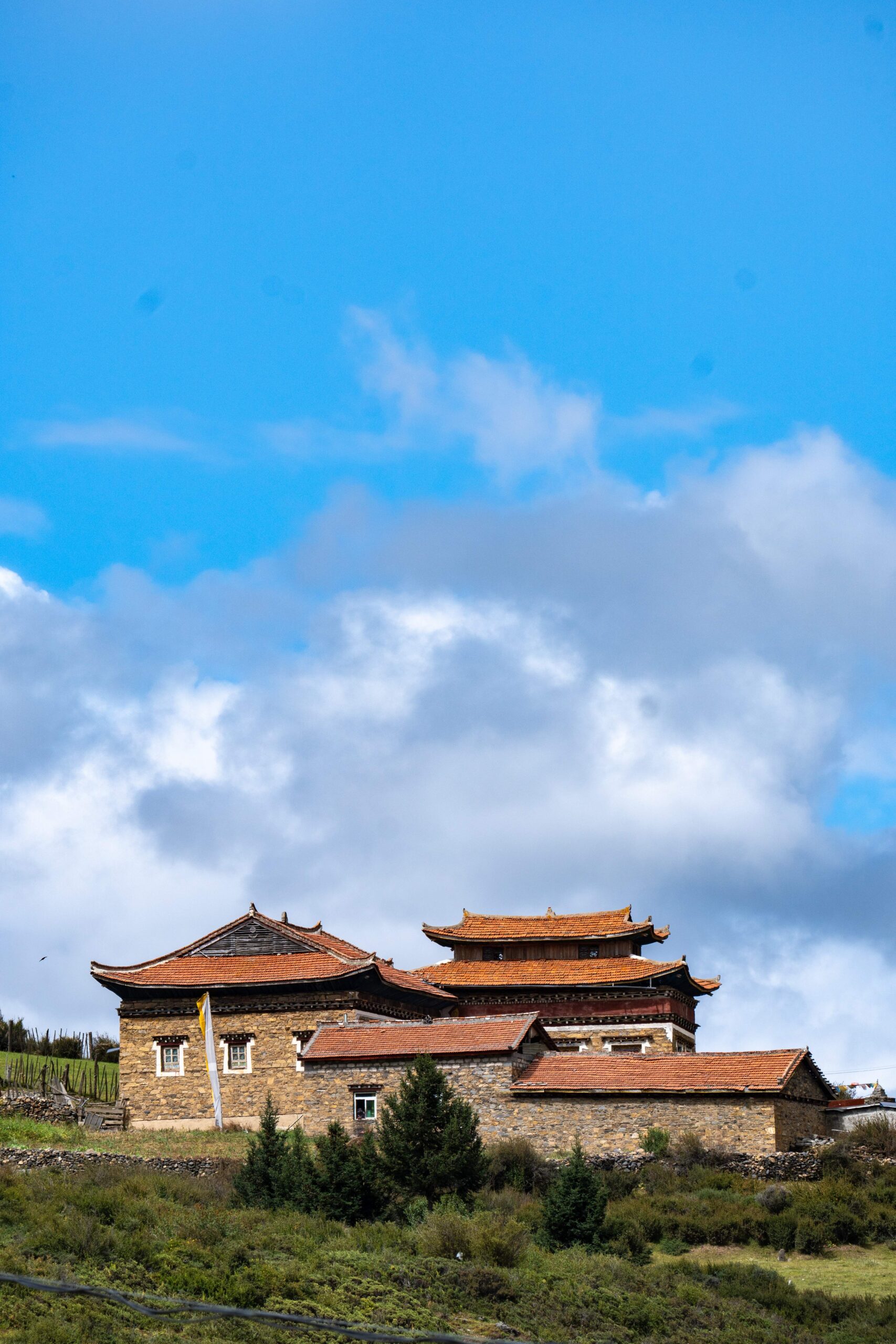
Explore the Real China.
Top Destination
Information